WEEKENDS: Join us for an ultimate Brunch Tour experience in the heart of St. Augustine! Indulge in four of the city's most sought-after brunch spots, each offering a unique and delectable menu. Whether you're a local or a visitor, our tour promises to be a delicious adventure!
BRUNCH BONANZA: Dive into the flavors of the most beloved brunch spots, indulging in everything from savory dishes to sweet treats.
BRUNCH BUNCH CRUISE: Relax & enjoy the ride in our chauffeured open-air electric vehicle, with a local culinary insider, while soaking in the city's sights and sounds.
BRUNCH BLISS: Don't miss out on this brunch affair, complete with amazing libations, that promises to leave your tummy blissfully satisfied!
Note: 24-HOUR ADVANCE NOTICE REQUIRED FOR ANY FOOD ALLERGIES. Age 21+ only. Sorry, NO pets of any kind. 4-person min to depart. Primary focus is on the culinary scene with a bit of history & sightseeing sprinkled in.
Нью-Йорк
Исследовать
 Уникальный опыт
Уникальный опыт
 Путешествия и транспортные услуги
Путешествия и транспортные услуги
 Туры, экскурсии и круизы
Туры, экскурсии и круизы
 Билеты и пропуска
Билеты и пропуска
 Билеты и абонементы на спортивные мероприятия
Билеты и абонементы на спортивные мероприятия
 Малая группа
Малая группа
 Сезонные и особые случаи
Сезонные и особые случаи
 Санитарные меры приняты
Санитарные меры приняты
 Занятия на улице
Занятия на улице
 Вероятность продажи
Вероятность продажи
 ЛГБТ-дружественные туры
ЛГБТ-дружественные туры
 Подходит для детей
Подходит для детей
 Включает животных
Включает животных
 Удобно избегать скопления людей
Удобно избегать скопления людей
 Еда, напиток
Еда, напиток
 Превосходное качество
Превосходное качество
 Классы и семинары
Классы и семинары
 Лучшая конверсия
Лучшая конверсия
 Аудиогиды
Аудиогиды
 Искусство и культура
Искусство и культура
 Виатор Плюс
Виатор Плюс
 Sustainable Tours
Sustainable Tours
 Limousine Transfers
Limousine Transfers
 Donut Walking Tour
Donut Walking Tour
 Virtual Experiences
Virtual Experiences
 Additional fees
Additional fees
 DSA non-compliant
DSA non-compliant
 Уникальный опыт
Уникальный опыт
 Путешествия и транспортные услуги
Путешествия и транспортные услуги
 Туры, экскурсии и круизы
Туры, экскурсии и круизы
 Билеты и пропуска
Билеты и пропуска
 Билеты и абонементы на спортивные мероприятия
Билеты и абонементы на спортивные мероприятия
 Малая группа
Малая группа
 Сезонные и особые случаи
Сезонные и особые случаи
 Санитарные меры приняты
Санитарные меры приняты
 Занятия на улице
Занятия на улице
 Вероятность продажи
Вероятность продажи
 ЛГБТ-дружественные туры
ЛГБТ-дружественные туры
 Подходит для детей
Подходит для детей
 Включает животных
Включает животных
 Удобно избегать скопления людей
Удобно избегать скопления людей
 Еда, напиток
Еда, напиток
 Превосходное качество
Превосходное качество
 Классы и семинары
Классы и семинары
 Лучшая конверсия
Лучшая конверсия
 Аудиогиды
Аудиогиды
 Искусство и культура
Искусство и культура
 Виатор Плюс
Виатор Плюс
 Sustainable Tours
Sustainable Tours
 Limousine Transfers
Limousine Transfers
 Donut Walking Tour
Donut Walking Tour
 Virtual Experiences
Virtual Experiences
 Additional fees
Additional fees
 DSA non-compliant
DSA non-compliant




 ru
ru
 English
English
 French
French
 Polish
Polish
 Ukrainian
Ukrainian
 Serbian
Serbian








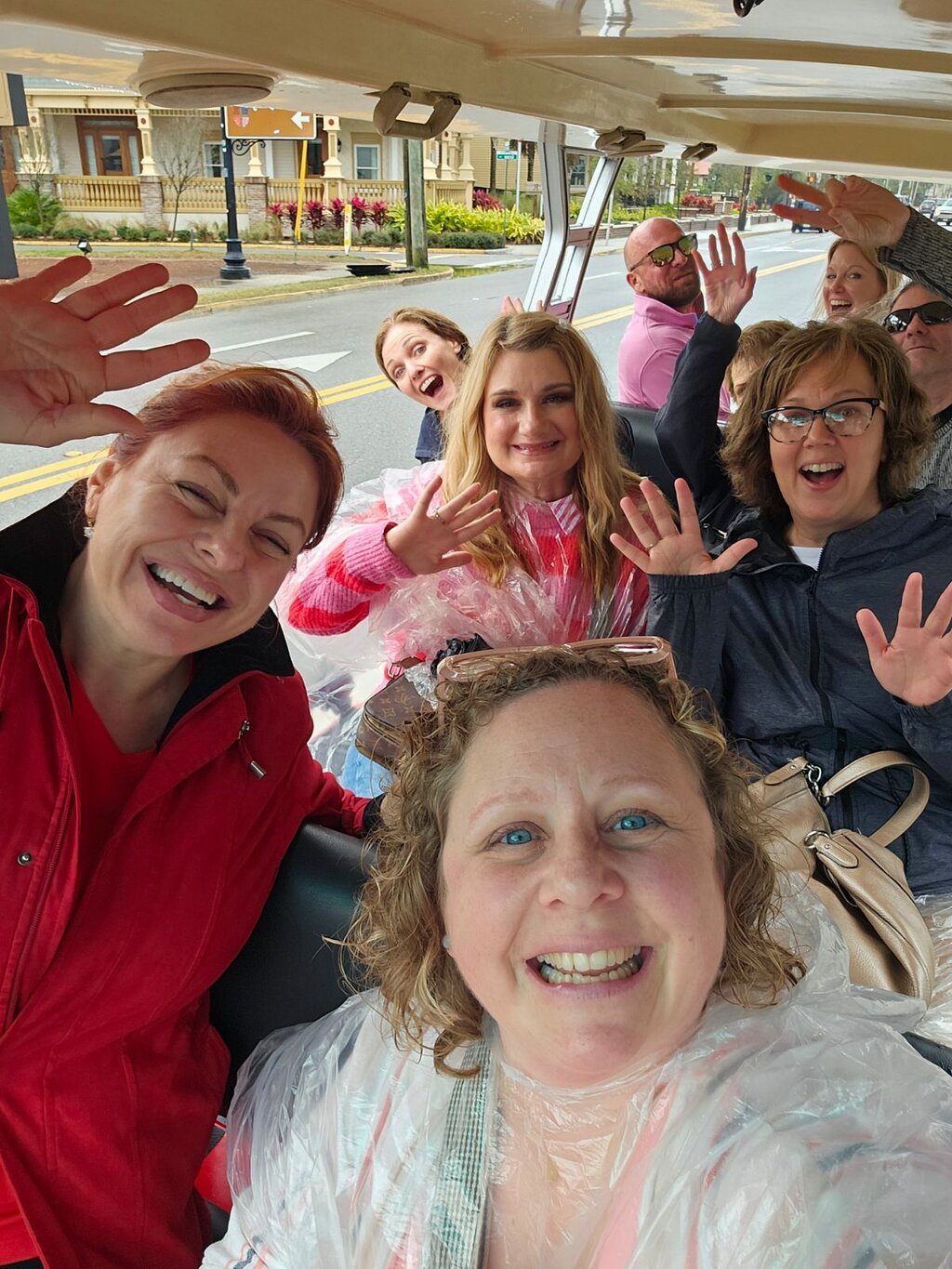
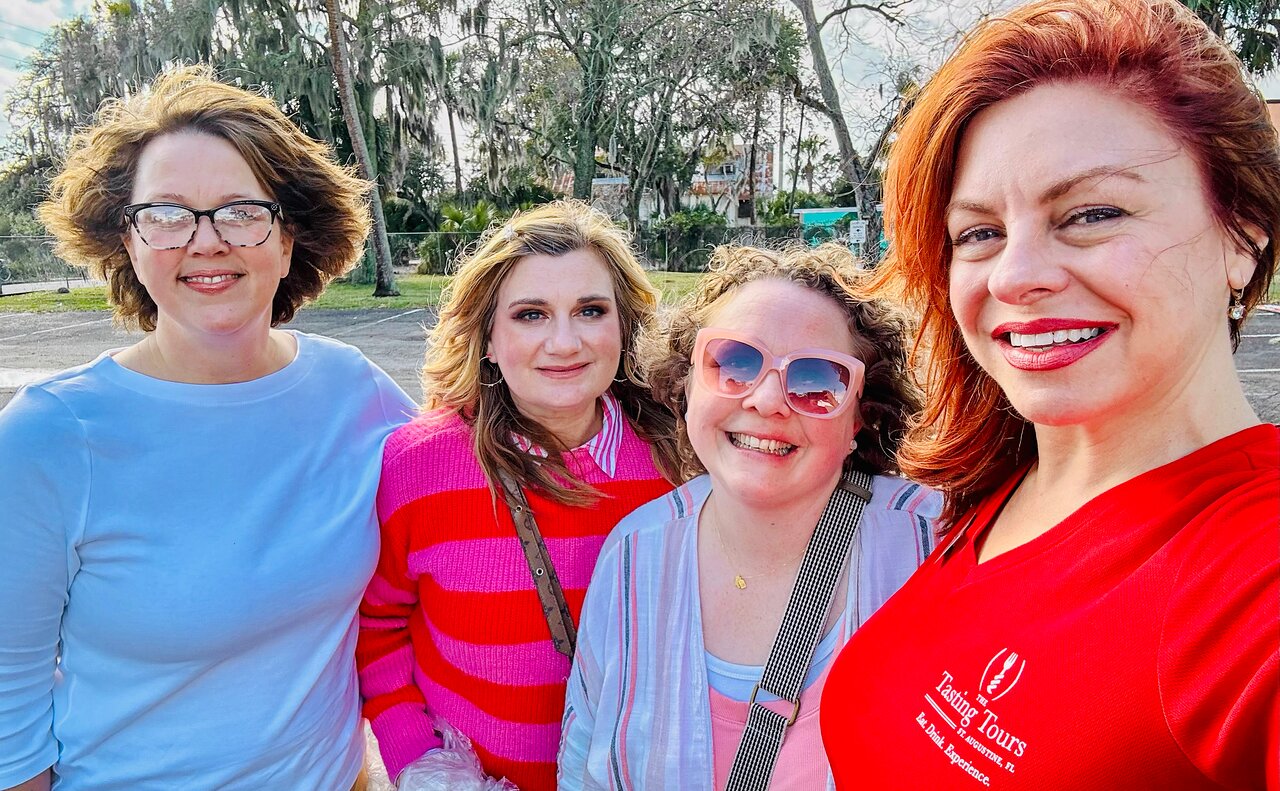




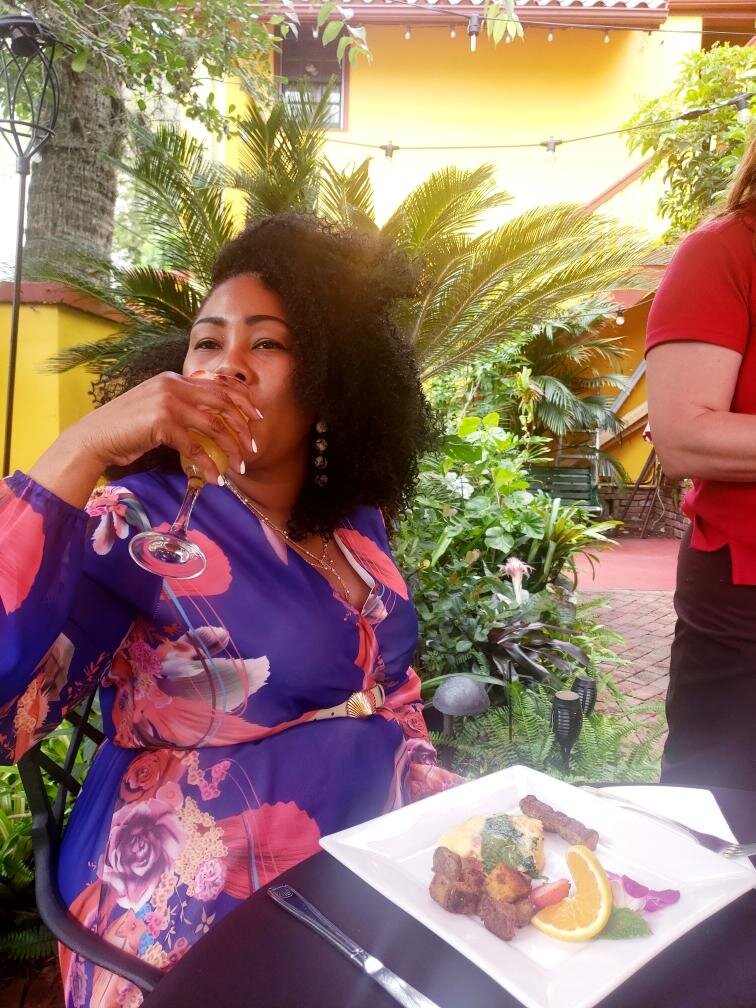





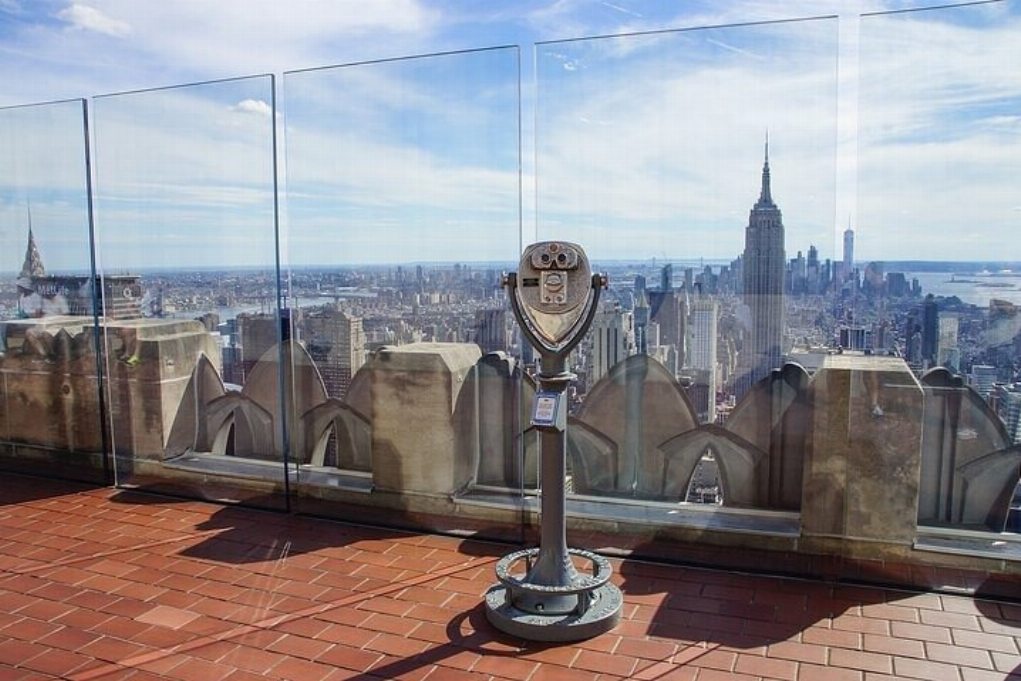

 Более
Более
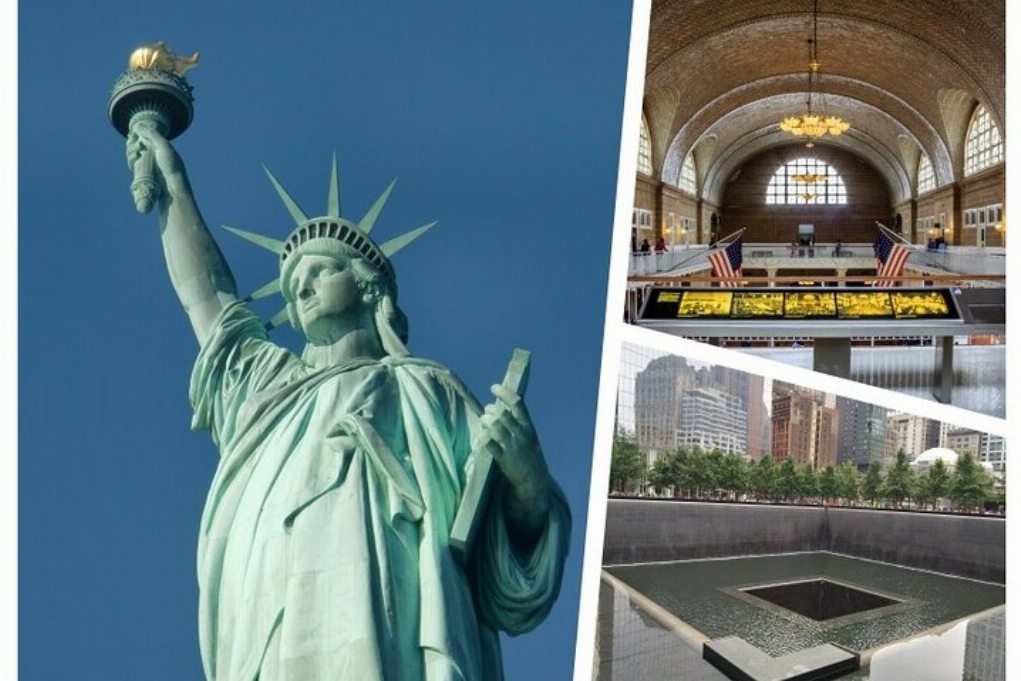
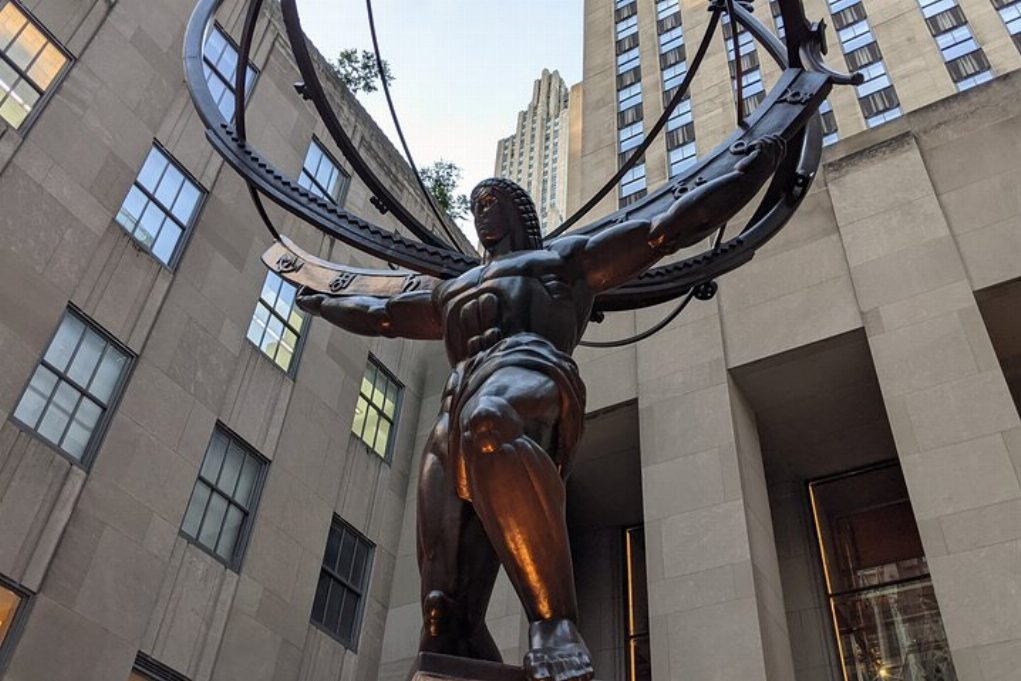
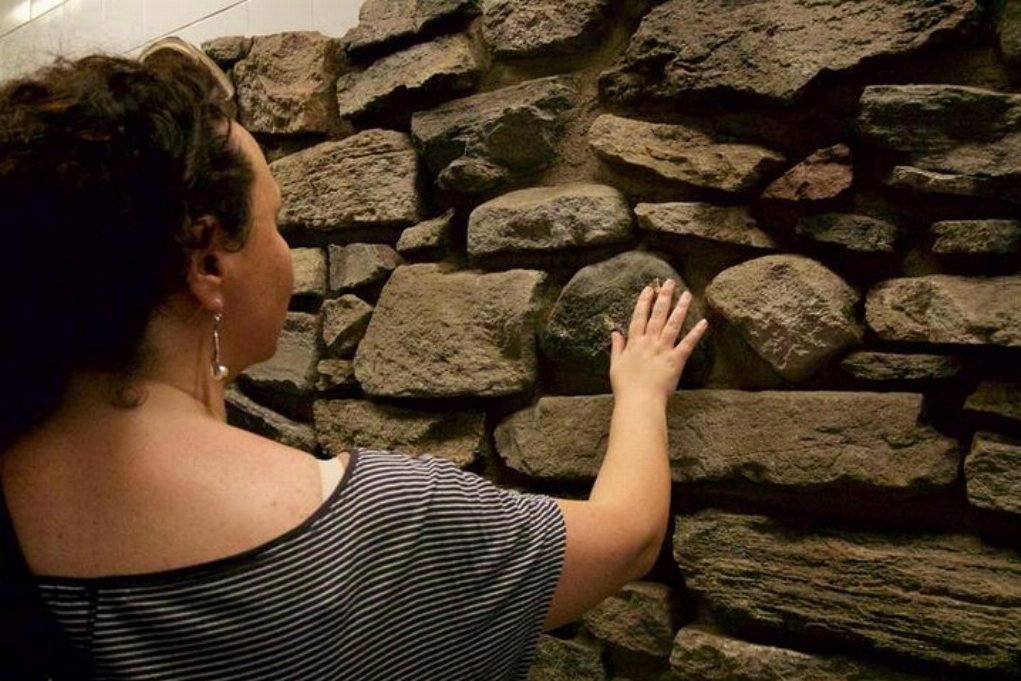
 Продолжить через Google
Продолжить через Google
 Продолжить с Facebook
Продолжить с Facebook
 Продолжить с Twitter
Продолжить с Twitter

